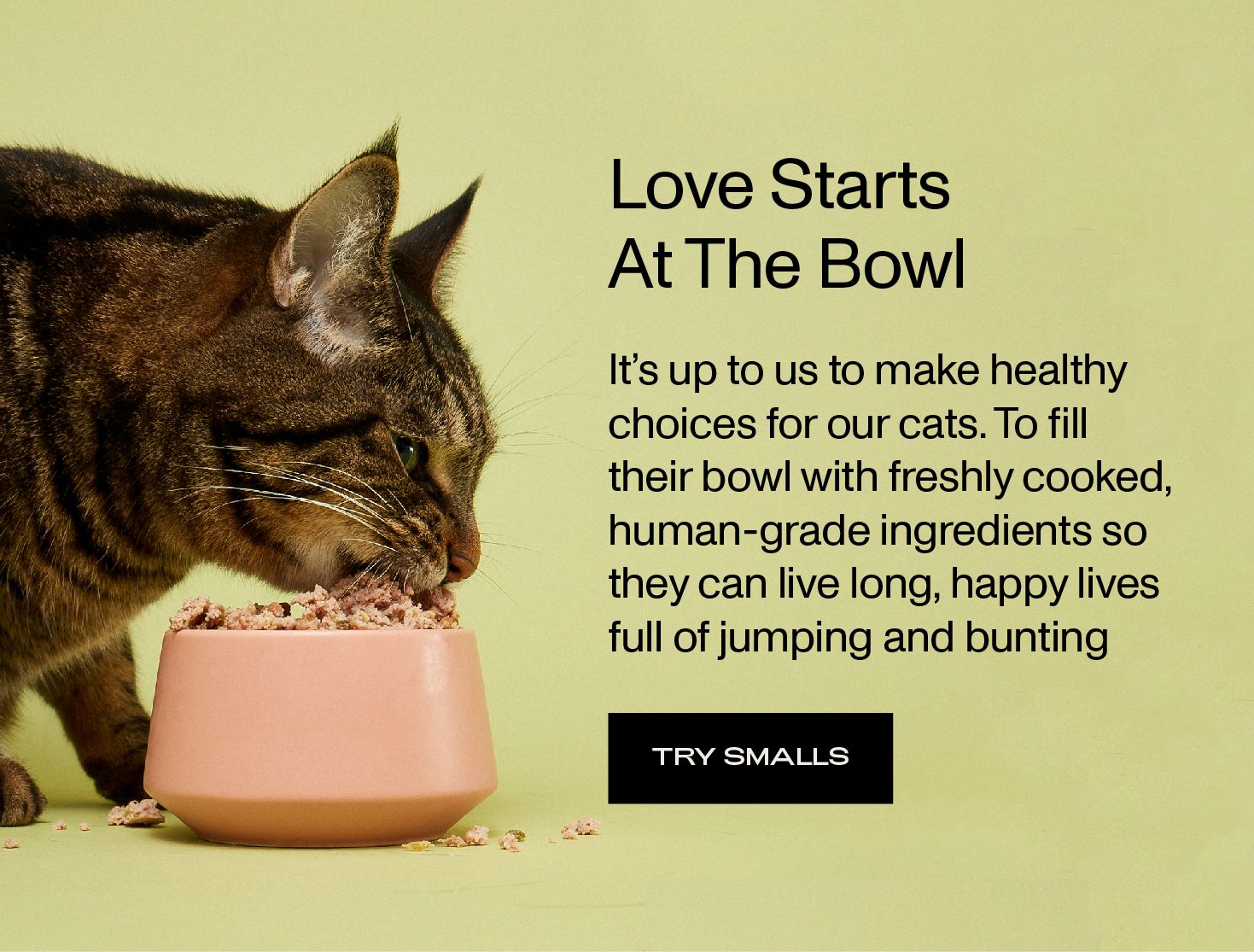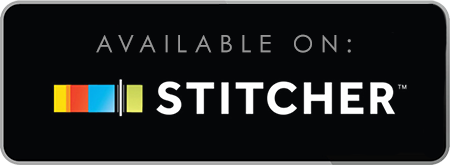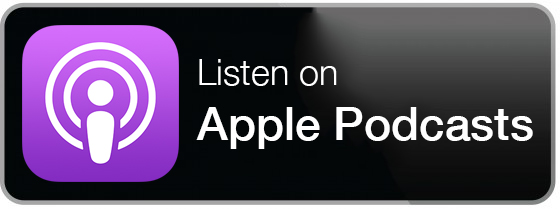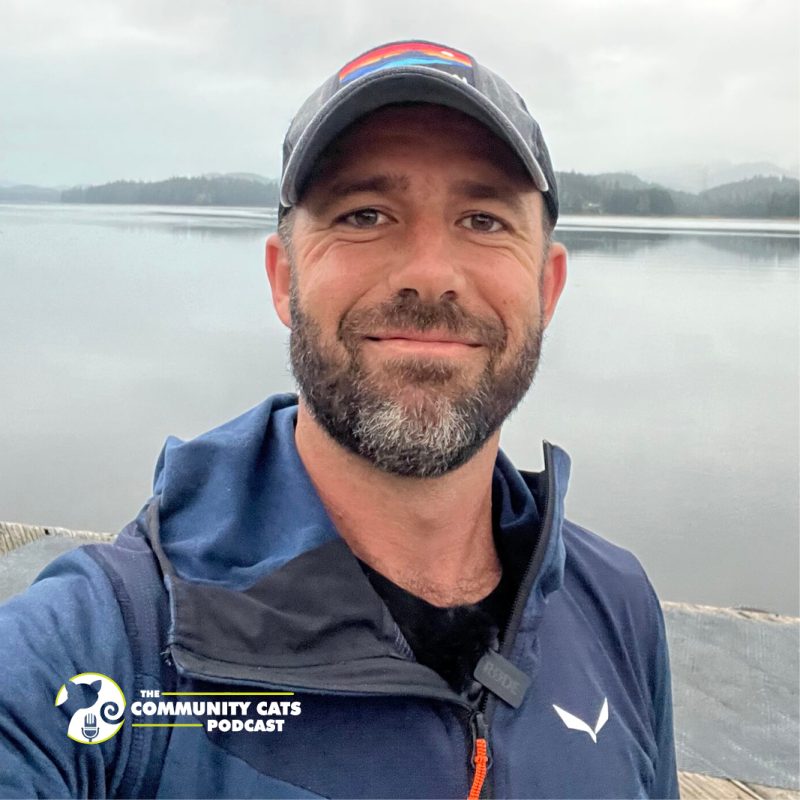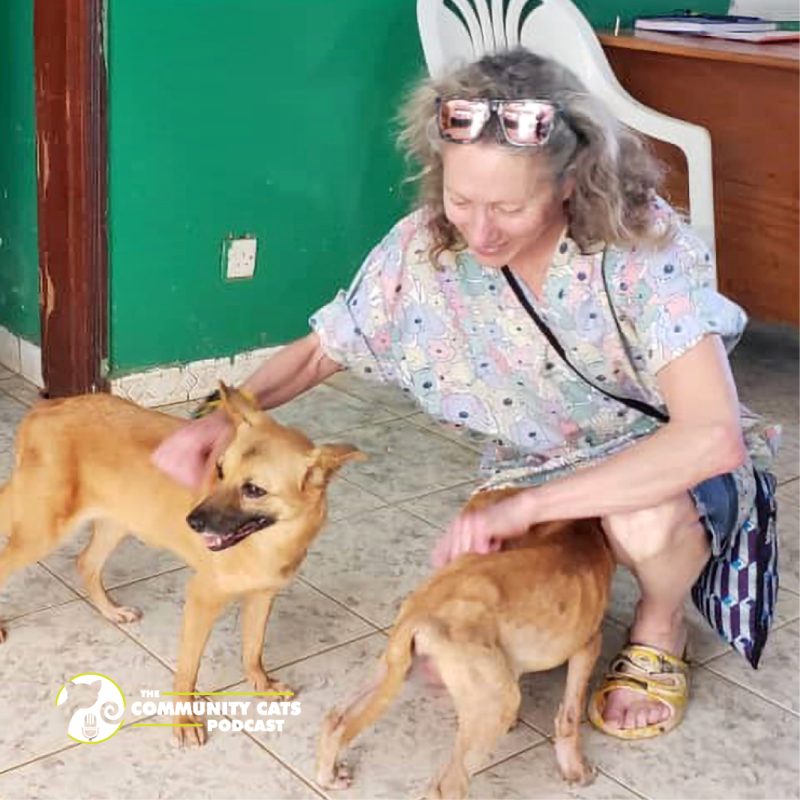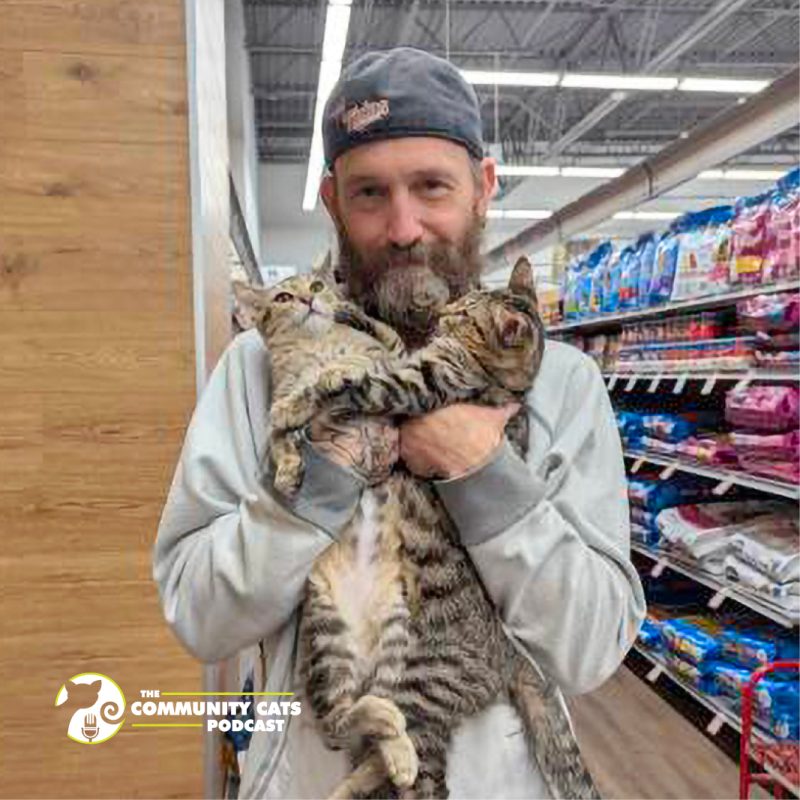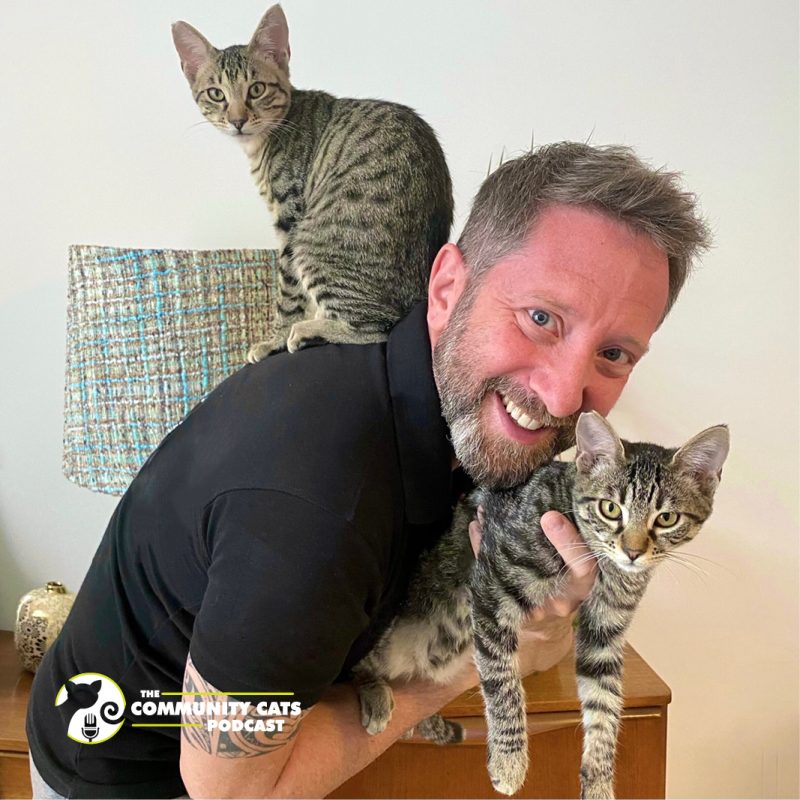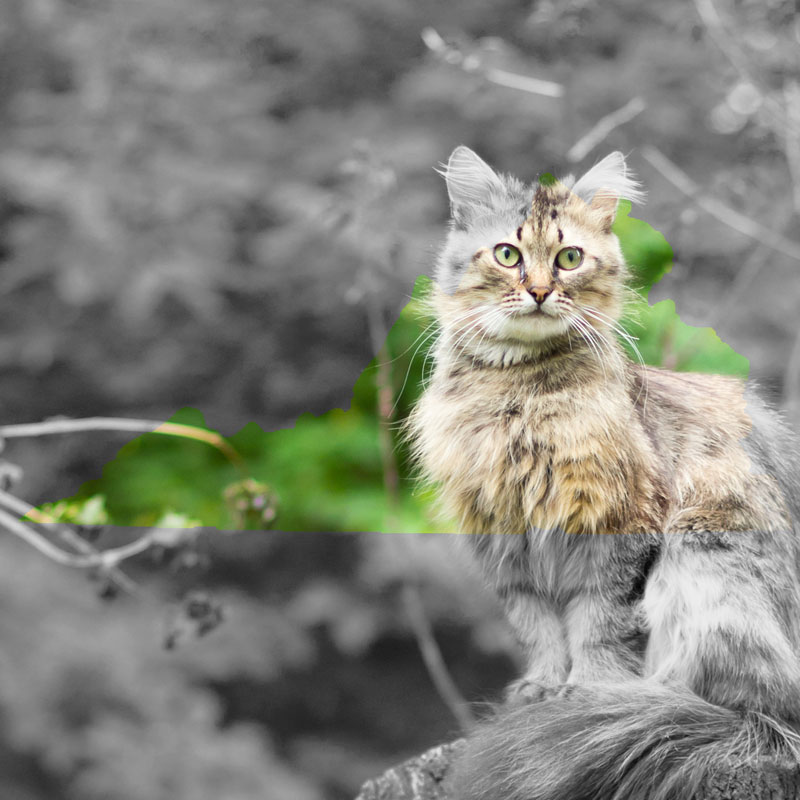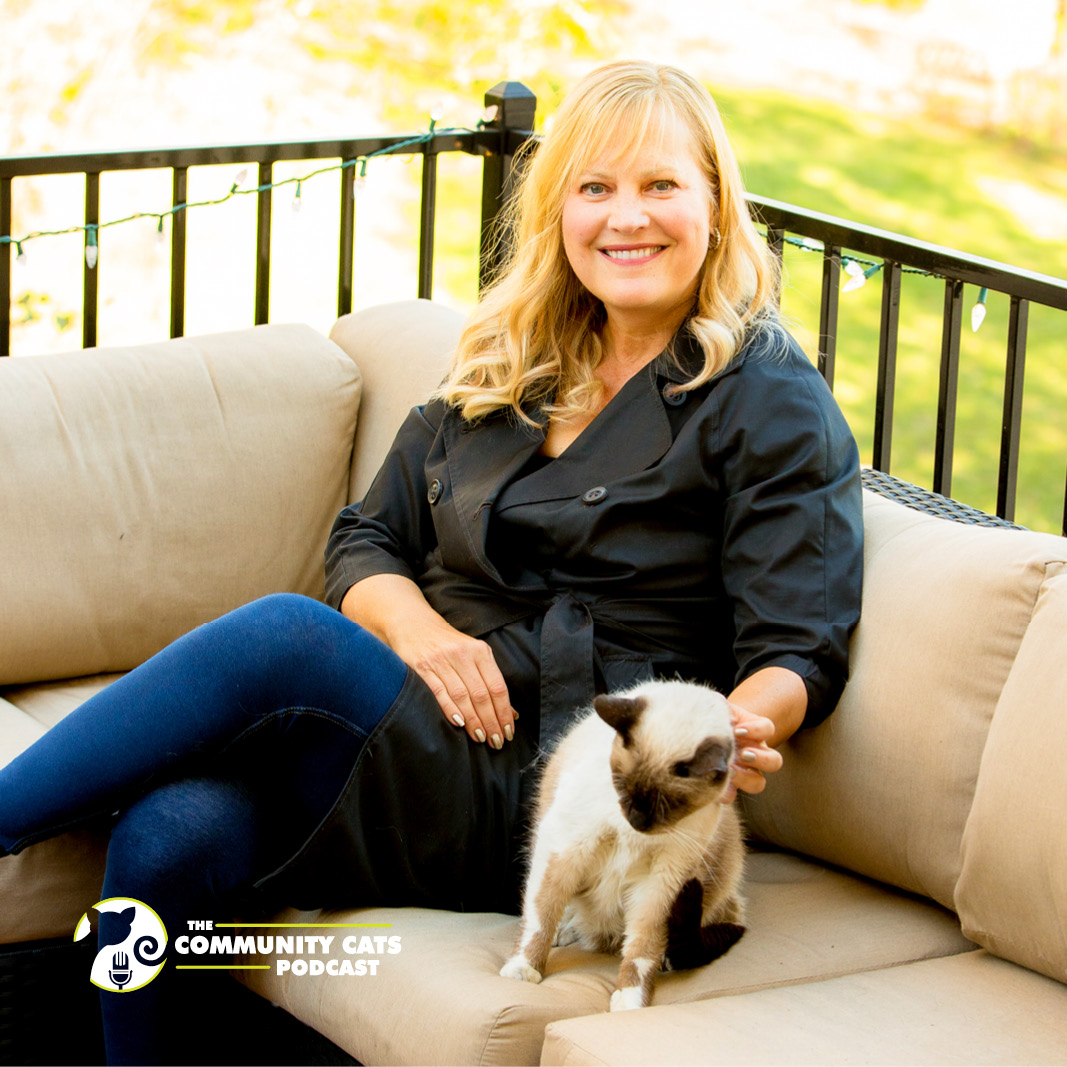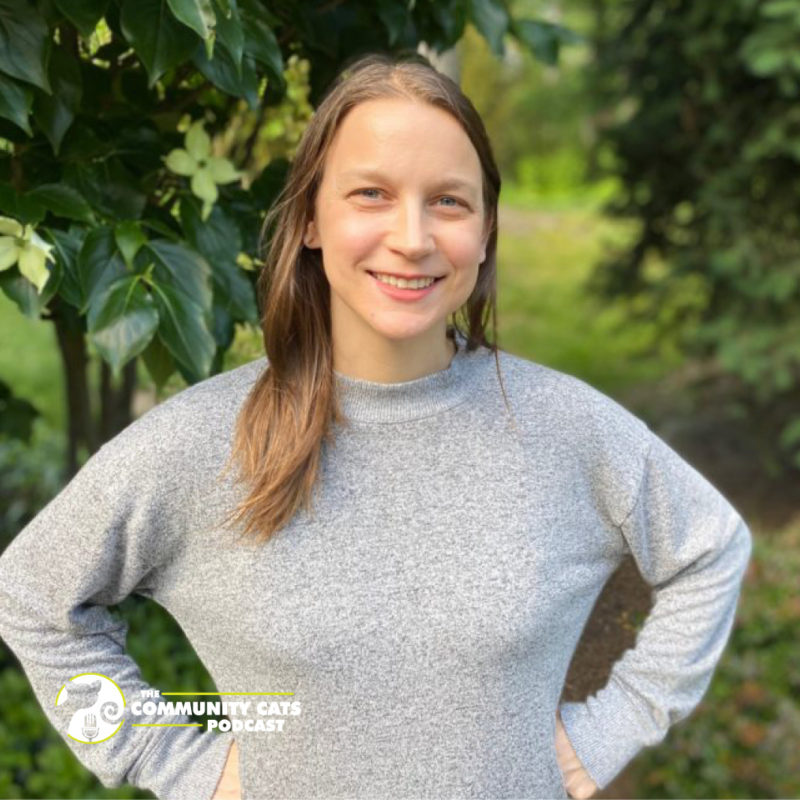
“Our goal is to really provide comprehensive care that eliminates the barriers our clients are facing in keeping their pets with them at home where they are loved and where they can benefit from that important, powerful human-animal bond.”
Listen to Episode #401 Now
Audio Player
This episode is sponsored in part by CDE Cages and Doobert.com.
This week Stacy talks to Rachel Herman, founder and executive director of PAWS (NY). Rachel has worked in development with the ASPCA before she transitioned to working with PAWS (NY) full time.
PAWS (NY), or Pets Are Wonderful Support New York was founded in 2009 to meet the need for support for people who have physical and financial barriers to caring for their pets in New York City. Their goal is to provide services that help keep pets in their homes including vet care, dog walking and litter box maintenance, a pet food pantry, and more. They partner with other organizations in the community that serve the same demographic to help provide comprehensive care.
Stacy and Rachel discuss fundraising and how COVID-19 has affected the work of PAWS (NY). You can find PAWS NY on their website and on Facebook and Instagram.
Read Episode #401
Kristen Petrie [00:00:02]
You've tuned in to the Community Cats Podcast. Ready? Let's go.
Stacy LeBaron [00:00:13]
Welcome to the Community Cats Podcast. I am your host, Stacy LeBaron. I've been involved helping homeless cats for over 20 years with the Merrimack River Feline Rescue Society. The goal of this podcast is to expose you to amazing people who are improving the lives of cats. I hope these interviews will help you learn how you can turn your passion for cats into action. And today, we're speaking with Rachel Herman. The story of PAWS, New York, otherwise known as Pets Are Wonderful Support, began in 2008. Founder and Executive Director Rachel Herman used to walk by a young homeless, couple and their dog outside of her local grocery store. As an animal lover, she felt great empathy for this underserved mixed species family, so she would occasionally donate pet food or change. Eventually, she started to ask herself the questions that would lead to PAWS New York's founding: are there other people in New York City that have pets but struggle to provide adequate care for them and how can I provide more meaningful assistance? After some research, she recognized that there was a huge need for an organization to provide pet care support to New Yorkers who had both physical and financial barriers for caring for their pets after that. Rachel assembled a board, received 501(c)(3) certification, and on November 11, 2009, PAWS New York was born when it's first volunteer visited the first client and the PAWS New York story has continued on ever since. As an organization, the mission of PAWS New York is to help New York City residents who are most at risk of losing their pets due to physical and financial obstacles they face, with particular emphasis on low-income seniors and individuals suffering from illness or disability. PAWS New York works to help keep pets in their homes with the people who love them and out of the shelter system by facilitating volunteer dog walking services and litter box maintenance, veterinary care, a pet pantry, and more. Prior to founding PAWS New York, Rachel worked in development at the American Society for the Prevention of Cruelty to Animals, otherwise known as ASPCA. For several years, before transitioning to PAWS New York full-time in January ’12, She received her B.A. in political science with a minor in Crime and Justice from the University of Michigan and her Masters of Public Administration from NYU’s Robert F. Wagner Graduate School of Public Service, where she specialized in Public and Nonprofit Management and Policy. Rachel also served as Secretary of the Board of Directors for Young Nonprofit Professionals Network, demonstrating a passion for protecting the welfare of animals. Rachel also has two cats: Wiley and Milo. Wiley, whom she adopted from the ASPCA in 2004, enjoys playing soccer and fetch and he does not enjoy sharing Rachel with others. Milo is a stray cat that Rachel rescued off the street. In Brooklyn, while coming home from one of the very first PAWS New York client intakes. Despite her initial decision to find a home, she hasn't parted with him since. In the ten years since PAWS New York's founding, Rachel has grown the organization to a team of six full-time employees. During the organization's fiscal year ending on June 30th, 2020, PAWS New York provided support to 240 individuals and more than 350 pets through 15,000 volunteer visits of its house call program. Rachel. I'd like to welcome you to the show.
Rachel Herman [00:03:27]
Thank you so much for having me. I'm excited to be here.
Stacy [00:03:30]
Yeah, so it's great. This is incredible information. Sounds like a wonderful program and I can't wait to dive in, but my first question to all of my guests are always: how did you get passionate about cats?
Rachel [00:03:41]
So, I love that question. I am a huge cat lover. I mean, I love all animals, but cats definitely hold a special place in my heart. And, you know, I always, I always tell people my parents met walking dogs. And so, I think a love for animals is just something that was meant to be for me and I had cats my entire life and just developed a really strong bond with one of my cats as a child and it really helped foster a lifelong appreciation and love for cats. And, I have to say, hearing you read my bio made me a little sad because my one cat Wiley, we actually lost a couple of weeks ago, but he was 16 and, you know, I appreciate every moment we had with him over 16 years. We were very lucky, but it just reminded me how recent that was since we submitted my bio.
Stacy [00:04:30]
Yeah, yeah. I know it's hard to change things around. I lost my kitty Hooch back in April, so about after a month we'd all been in our COVID household and he passed away at that point in time. And yeah, it's definitely. This is a particularly tough time to lose our pets, so I'm very sorry to hear that, but as you know, out there, there are folks with many pets and pets are so important at this time too. So, let's take a bit of a deep dive in here and, you know, I read a bit about PAWS New York and what you do and how you operate. But can you share a little bit more specific details? You have six full-time employees. And what are the specific programs that you offer to folks in New York?
Rachel [00:05:19]
Yeah. I'd love to share more about what we do. So, you know, as sort of you said in my bio and the mission of the organization, our goal is really to provide services that help keep people together with their pets and we're focused on helping, you know, our most vulnerable neighbors who are at risk of losing their pets because they found themselves, you know, in a situation where now they're struggling to provide for that day-to-day care that, you know, for many of us we don't think twice about, something as simple as putting out food than water, or, you know, taking your dog out or scooping the litter box. But for our clients, they're struggling because of advancing age, illness, or disability, and, you know, they physically are struggling but our clients are also low income and so they don't have the financial resources to bring somebody into to help them. And, so our goal is to really provide comprehensive care that eliminates the barriers our clients are facing in keeping their pets with them at home, where they are loved and where they can benefit from that, important powerful human-animal bond. And we have several programs. Our core program is our house call program, where volunteers go into the homes and help with the tasks that I mentioned: dog-walking litter, box maintenance, you know, administration of medication, grooming. And prior to COVID, we were doing upwards of 450 visits a week and we have more than 2,500 volunteers who have come through training over the last 10 years and things have changed as a result of COVID, so we've shifted our focus to some of our other programs as well, which have existed over time, but have really, we've really ramped up and increased support and, you know, one program is our pet pantry. And our pet pantry, we donate pet food and supplies to our clients. And our goal is to make sure that our clients are not making personal sacrifices in order to fill the bowls of their pets because that's what a lot of, you know, our clients are doing, because they want, what's best for their pets, and that might mean taking away money that they need for their own food or medication so that they can provide for their animal and we certainly don't want that, right? So, we are, during the pandemic, we're donating 100% of all pet food and supply needs for every pet in our program, so food, wee-wee pads litter, we've even sent out some of those self-cleaning litterboxes to ease the burden as best as we can and anything that they need and that's right now, during the pandemic, so our clients don't need to be leaving their homes and putting themselves at risk, to make sure that their pets have everything they need. We also have a foster care program. And, I mean, I love all of our programs but this program in particular is a way for us to provide support for pets so that their guardians can seek the medical care they need. So, if a client is facing a medical crisis, they need to be hospitalized or whatever it might be, we will make sure their pet is taken care of, so they can focus on getting better themselves and when they return home and their feeling strong enough, we'll reunite them. And, you know, we often found that a lot of our clients would forgo important medical care because they didn't have anyone to take care of their pets and that's just a heartbreaking thing to think about and we certainly don't want that. So, that's our foster emergency care program and we also have a vet care program. And that through that program, we not only pay for vet care, we facilitate the visits, we utilize our volunteers to do transport, we partner with house call vets who come and do visits in the homes, and we really help make that care more accessible to our clients, who in most cases wouldn't be able to access this support for a variety of reasons without our organization. So, we, you know, we try and take a well-rounded approach because we understand that the obstacles our clients are facing are not limited in scope and affect sort of every facet of care for their pet and we want to make sure that they can focus on that important relationship and we'll do what we can to take care of the rest.
--Start mid-roll advertising-- [00:09:30]
Are you one of the selfless members of our society that spends time rescuing and bettering the lives of cats in your community. If so, wouldn't it make sense to do the most you can do with the space you have? CDE Animal Cages is a family-owned and operated business that has been handcrafting the highest quality small animal cages for over 30 years with the goal of connecting shelters and rescuers with comfort and security for the health of the animals they work with and ease of use for the humans that take care of them. Open air enclosures with very solid options and portalized options have proved not only to reduce euthanasia rates, but make for more adoptions and healthier and happier animals. Our high-quality materials are designed to last for decades, ensuring that you only shop for cages once, leaving more time to spend with the cats in your life. Get started today by logging onto CDECages.com to design your perfect setup. Invest in the future of your cats with CDE Animal Cages.
[00:10:28]
Are you ready to be part of the solution for feral and stray cats in your neighborhood? If so, then make sure to sign up for our next to Neighborhood Cats TNR Certification Workshop. A new workshop is held online each month, generally on the first Saturday of the month but please check our website for exact dates. For just $10, expert instructors will teach you best practices for trap, neuter, and return: TNR. Learn what TNR is and why it works. We’ll cover getting along with neighbors, preparations for trapping, trapping itself, including entire colonies at once, feeding, providing winter shelter, and more. Take advantage of the interactive format, extensive handouts, and video footage of actual projects. Attendees will receive a certificate of attendance and gain access to an ongoing Facebook Group for networking with other TNR activists. The two-and-a-half-hour workshop. Is led by Susan Richmond, the Executive Director of Neighborhood Cats and Brian Kortis, Neighborhood Cats National Programs Director. To find out the date of the next workshop and sign up, just visit communitycatspodcast.com.
[00:11:31]
As we emerge from the global pandemic of COVID, fostering is emerging as the new normal in the animal welfare industry but shelter management software doesn't provide the tools or the workflows for communicating with fosters at scale, so many organizations struggle to maintain hundreds of animals in foster homes. If only there was a system that was custom built specifically, to solve this problem. Introducing Fosterspace powered by our friends at Doobert. Fosterspace was custom-built to allow you to manage hundreds of foster relationships and to communicate with them via text email, and even Facebook Messenger. Your fosters have a portal where they can upload videos and photos and updates on their animals and organizations can schedule fosters for meet-and-greets, adoption days, or anything else they need. There's so much more to check out. Sign up for free at www.doobert.com and go to the Fosterspace tab to get started.
--End mid-roll advertising-- [00:12:22]
Stacy [00:12:24]
So how do people normally find out about your group? I mean, New York is a pretty big place and assisting and supporting 350 pets is wonderful, but New York is pretty big. Are you focused on a certain part of New York or how do people find you and get to be part of this program?
Rachel [00:12:42]
That's a great question. So, we do serve the five boroughs, so we are not limited geographically within New York City. We take a strategic approach and what we do is we identify other organizations in the community that serves the same demographic and we introduce ourselves in our program to them and to their team and we talk to them about what we do, how they can make a referral. So, for example, you know, we'll find an organization in Brooklyn that provides services to seniors and our program director will, you know, pre COVID-19 would go in person, make a presentation, talk about what our qualifications are, and then what the steps would be to make a referral. And, so many of our clients, although not all of them, come through referrals from these partner organizations that we've developed relationships from. So, it's often a case manager, a social worker, or some other staff member at that organization that works directly with the client, knows they have a pet knows they're struggling, knows what our program is, and they will either make the referral themselves or pass along our contact information to the client who will reach out to us directly. And, you know, what's been really great about that strategy is that when clients are coming to us through these programmatic partnerships, it often means that they do have a case manager or a social worker already working with them. So, you know, our volunteers typically are in the homes of our clients every single day, sometimes multiple times a day, and we're interacting with our clients much more often than really anybody else is and so there are times when we discover certain things, learn certain things about clients that, you know, are really outside the scope of what we do as PAWS, you know, it's not related to their pet but we know that they have a need and so we can pick up the phone and call their case manager and help facilitate that as best we can. But as I said, not all of our clients come through those, you know, sometimes it's word of mouth. We have some buildings throughout the city where, you know, we have five people who all live in the same building and one person told another person who told another person and sometimes it's just research; a family member has a relative who’s struggling and they'll do some research and they'll reach out to us on their behalf. So, as you said, New York City is huge and there is a huge need and we are a small organization and just barely scratching the surface. There are so many more people who need help and that's sort of what I'm focused on is raising the money that we need, so we can continue to expand and help as many people as possible.
Stacy [00:15:25]
So, you mentioned that you're in charge of raising the money and I'm going to hold that thought. Before I jump into that money raising conversation, I do want to ask you a bit about mental health issues that you, your volunteers, your staff. You know, how are you preparing your staff for inevitably running into some mental health issues and what are you seeing?
Rachel [00:15:46]
Yeah, that's a great question too. So, you know, for me as executive director, I'm thinking about mental health in a few different ways. Number one: my team, my staff, right? Sort of, how can I make sure that I’m taking care of them and keeping their mental health front of mind during this pandemic. We're not in the office together every day and then also extending that to our volunteers and to our clients as well. And so, you know, to stick to the programs, one difficult, extremely difficult part of this pandemic is that we had to suspend our house call program because, you know, back in March, like I said, we were doing almost 450 visits a week and the thought of a volunteer going to visit a client and inadvertently bringing and exposing a client to COVID was just not a risk that we felt comfortable taking. The lives and the health of our clients and our entire community is paramount and so we had to think about, okay, well, we understand what we normally do is help take care of pets but in addition to that, there's the added companionship between the volunteers and the client that is a byproduct of our services and now we're taking that away. So, what can we do to make sure that we are able to be there for our clients as best we can to eliminate as much of that isolation as possible, despite the fact that we are scaling back on the sort of in-person human-to-human interaction? And, so what we've done is our volunteers continue to remain in touch with our clients, they're sending handwritten notes, they're making phone calls, they're sending pizzas, you know, whatever they can do to put a smile on the face of our clients and to stay in touch as best as possible our volunteers are continuing to do. Our staff is also staying in touch with all of our clients and doing check-ins on them and that's something that we're trying to do our best to stay on top of because we want to make sure. And when we had to suspend our house call program, we offered foster care for pets for our clients who felt like, they really couldn't get by without our volunteer assistance on a daily basis. and some of our clients said no and I completely understand it and that's because their pet is their sole source of companionship. So, we're at the beginning of a pandemic and now the thought of taking away their pet, you know, is just not something that many people would even consider. And like I said, I understand it and some clients took us up on it because the physical burden was too much, but we're here to really figure out what can we do to be there for our clients to help facilitate that important relationship that exists between our clients and their cats and their dogs and how can we make sure that those relationships they share with their pets, as well as with our organization and volunteers can weather the storm, like, get through this pandemic and get to the other side of it, so we can get back to doing what we would like to be doing. So, like I said, we're encouraging phone calls, handwritten notes, we’re sending around gift bags right now to all of our clients. They're going to be getting special deliveries with items for their pets and notes to the humans. And anything we can think of to just put smiles on their faces is kind of what our focus is right now. And then back to my team, my staff members were fortunate in that our program director is actually also a licensed clinical social worker. And, so something she did sort of early on was put together a mental health toolkit that we could share internally with my team sort of recommendations for resources. I've been trying to be extra flexible with my team to we've turned summer Fridays and to COVID Fridays, because I understand that these are not normal times. And, you know, just because we're not in person, doesn't mean that people aren't working incredibly hard and facing intense amount of stress and as a boss, I guess, you know, I want to make sure that my team knows that their health is number one and that's what I want to make sure is in good shape and then everything else will kind of fall into place after that.
Stacy [00:20:00]
Thanks for sharing that. That's really interesting to hear how you've adapted into sort of this new environment. So, I am going to go and spend a minute or two talking about fundraising or development. How are you weathering the storm as a 501(c)(3), how of your fundraising efforts been?
Rachel [00:20:17]
It's hard for me to answer that. So far, we've been okay, you know, we're recording this much earlier than it will air, so I think between now and the spring I'll have a lot more information and be able to answer that question more clearly. I think we're heading into the holidays right now and to me this is the critical point. You know, up until now, it's pretty slow, fundraising for us. Over the summer, I'll work on grant applications. We don't receive a lot of individual contributions over the summer. We start to do our individual outreach now, through the holidays and into the new year. And this is the time where I think we're going to see the true impact of the economy and what that means for our organization. I am feeling relatively comfortable but to be perfectly honest, I am scared. I don't think we're going to meet our goals this year, our revenue goals this year. I think we're going to see fewer individual donations or at least donations of lesser value because, you know, people are struggling. There are still so many people out of work. There's still so much unknown and, you know, my hope is that we can get through this year and bounce back, but we still have no idea like the long-term impact that this is going to have economically and how that that trickled down in terms of individuals’ propensity or willingness to give to charity. I don't know. I am feeling okay but, you know, we rely on the generosity of our community and if our community, you know, is struggling financially, then that means that we're struggling financially too, which, you know, I understand. But it's trying to plan and think about, you know, the way we've had to pivot our programs, the programs that we've increased because of COVID are our more expensive programs. Our house call program is heavily dependent on human resources but our vet care program, our pet pantry are heavily dependent on financial resources and so we do have an increased financial need because of the pandemic, so it puts us in a bit of a difficult situation.
Stacy [00:22:30]
If there are folks that are interested in finding out more about your programs and what you do, how do people find you?
Rachel [00:22:36]
There are a couple great places people can find us. Our website is PAWSNY.org, and they can also find us on social media; we’re active on Instagram, Facebook, and Twitter and our handle is @PAWSNY. And we post a lot, we're very active on social media, so that's an amazing place to go to sort of see new information as it's becoming available. We share lots of stories. We have lots of adorable cat photos. So, it's a great resource for learning more about what we're doing but also getting your fix of adorable pet photos, which especially now more than ever, I think people really need to see.
Stacy [00:23:17]
Yeah, so true. Is there anything else you'd like to share with our listeners today?
Rachel [00:23:22]
I just am grateful for this platform to share what we do. We’re a relatively small, unknown organization, so having an opportunity like this is amazing. So first of all, I just want to thank you so much. And yeah, you know, in addition to needing financial support through donations, we are heavily dependent on volunteers and while our house call program is on hold, we are continuing to train volunteers who we use to do pet pantry deliveries and vet transport and who we are getting ready, so that when we reopen our house call program, we will have tons of excited and passionate volunteers who are going to jump right in and get help to our clients and their pets. So, you know, if anybody lives in the New York City area and is interested in getting involved. Like, we're a very unique organization. It's a little bit different than volunteering at some other animal organizations. So here, you know, you also kind of get to develop a really cool relationship with a human, which is very different. So, sharing what we do with people you know, signing up to become a volunteer: those are two incredible ways that you can help our small organization and truly go a long way in helping us to fulfill our mission.
Stacy [00:24:37]
Rachel, I want to thank you so much for agreeing to be a guest on my show and I hope we'll have you on again in the future.
Rachel [00:24:42]
Thank you so much Stacy and I really appreciate this. This was great.
Stacy [00:24:46]
That's it for this week. Please head over to Apple podcasts and leave a review. We love to hear what you think and a five-star review really helps others find the show. You can also join the conversation with listeners, cat caretakers, and me on Facebook and Instagram, and don't forget to hit follow or subscribe on Spotify, Apple Podcast, Google Podcast, YouTube, Stitcher, or wherever you listen to podcasts, so you don't miss a single show. Thanks for listening and thank you for everything that you do to help create a safe and healthy world for cats.
[00:25:17]
The Community Cats Podcast would like to shout out a few of our online event sponsors. Did you attend the United Space Alliance conference In March? The incredible content and educational opportunity were brought to you in part by Marion's Dream and Humane Network. If you or your organization would like to sponsor content that you care about and that saves feline lives, go to communitycatspodcast.com/sponsor and learn more about how you can turn your passion for cats into action.



